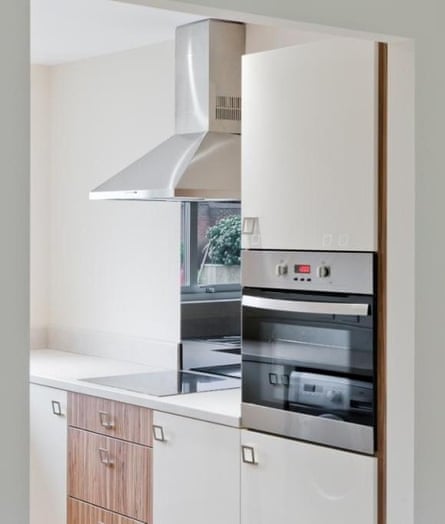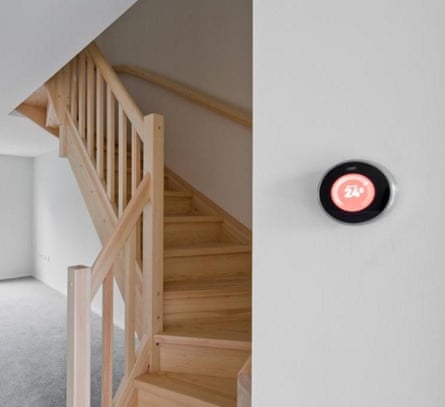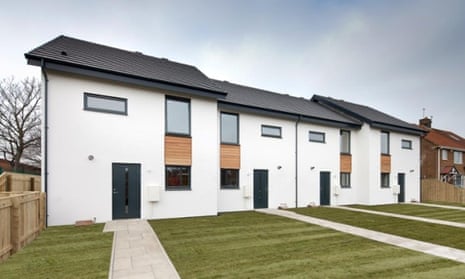The housing crisis is Britain is not just one of a shortage of homes. Our housing stock is among the oldest and coldest in Europe and the cost of heating leaking properties is leading to a rise in fuel poverty.
The BRE’s Home Quality Mark aims to tackle this problem, and it is intended to help house hunters, both tenants and buyerschoose a home with low energy and water costs. BRE chief executive, Dr Peter Bonfield said he hopes the mark will become a “de facto sign of a better home”, which encourages the mortgage and construction industry to get behind sustainable living. But it may take innovation from abroad for the industry to change.
One response to the problem being pioneered by Volula is offsite manufacture, where parts are mass produced and houses are then assembled onsite, rather than building the whole home from scratch as is typical in the UK.
The architectled company, headquartered in the north-east, has created in Blyth a terrace of four carbon zero properties for rent known as Spacehus homes – for Arch Homes, a private regeneration and development company whollyowned by Northumberland county council.
Rob Charlton, chief executive of Volula, believes the homes provide a much needed alternative to meet the nation’s present and future housing needs. “Right now we are climbing out of the recession and house builders want to build but now there’s a trades skill shortage. Our solution is high performance, precision made, off-site construction that has been tried and tested for 50-years or more in Sweden.” He says, “everything right down to the plumbing is inbuilt and fitted as a unit to the exact requirement. Working in such a factorycontrolled way flattens out the peaks and troughs usually associated with trades.”
The technique minimises onsite waste and shrinks the supply chain, which cuts the carbon impact. Tenants in these homes have the security of knowing their monthly financial commitment inclusive of their utility bills, set at £600 per month: £525 for the rent plus £75 for electricity, gas and unlimited Wi-Fi.

Charlton explains how that figure is affordable, “firstly, the homes are so air tight, through the fabric first approach which includes triple glazing and extra thick 240mm insulation, there is very little space heating requirement. Secondly, the solar PV installed on the south-facing roof covers most of the electricity needs.
“We’ve done our analysis and this gives us the confidence to say to the tenants ‘there’s no extra charge for the utilities you use’. We think that’s got to a be a big plus for many families concerned about their heating costs and in many cases fuel poverty.”
Monitoring for heating is conducted through Nest, a smart thermostat that can be controlled manually and via an app. The homes have wireless lighting too, which can be controlled through Wi-Fi. Charlton says future generations will expect this level of connectivity as standard in their homes.
So, how does the Spacehus feel?
On a February day, just 6C outside, it was comfortable to sit in the house for an hour without the central heating on. It didn’t feel airless either, a claim often made by people living in modern, airtight homes. The engineered tripleglazed windows open and close smoothly. All the doors open outwards to prevent heat loss.

Is Britain ready to embrace the Scandinavian future of housing? It’s disruptive thinking and the UK domestic building industry is a conventional place, which doesn’t always take kindly to newcomers.
Charlton accepts it will be difficult to make a significant dent in the construction sector’s fabric, but says disruption is a good thing for every sector. “Look at the innovations in other industries, like automobiles. Apparently Apple is now going into making cars. Who would have thought it? Anything is possible.”
The business futures hub is funded by The Crystal. All content is editorially independent except for pieces labelled “brought to you by”. Find out more here.
Become a GSB member to get more stories like this direct to your inbox.

Comments (…)
Sign in or create your Guardian account to join the discussion